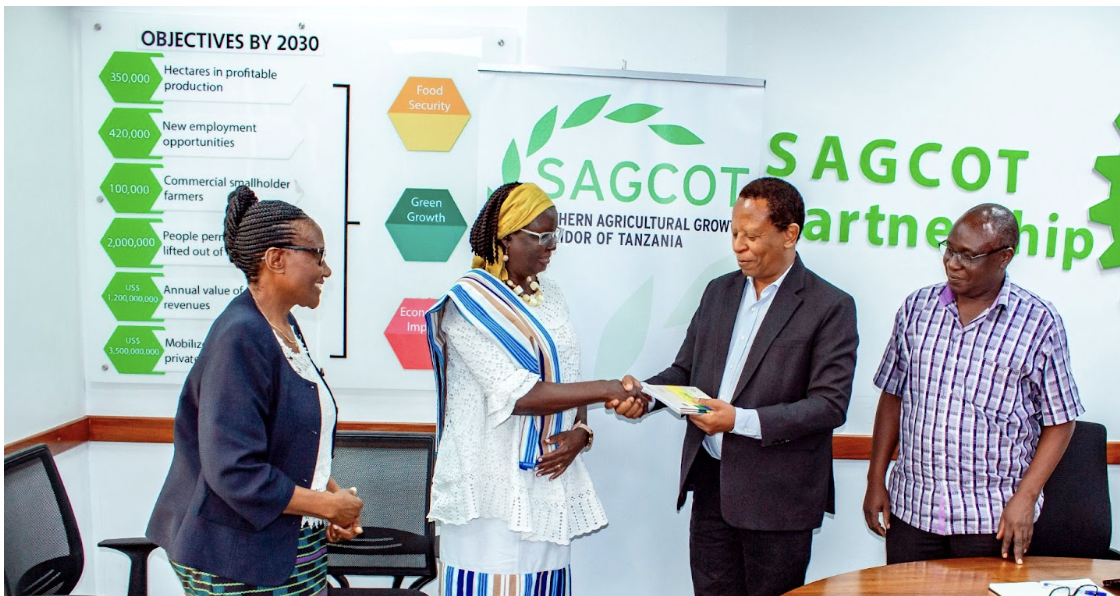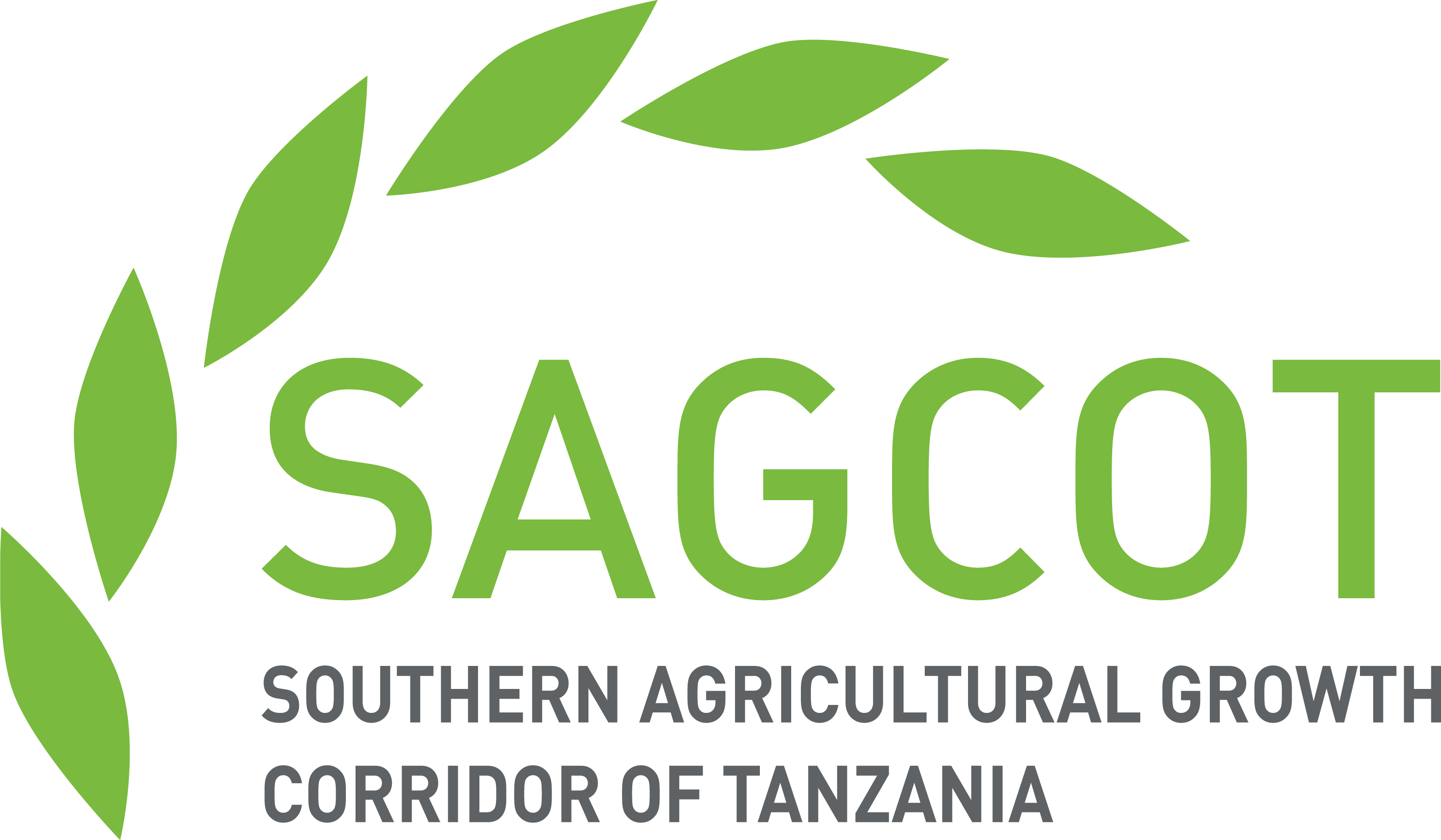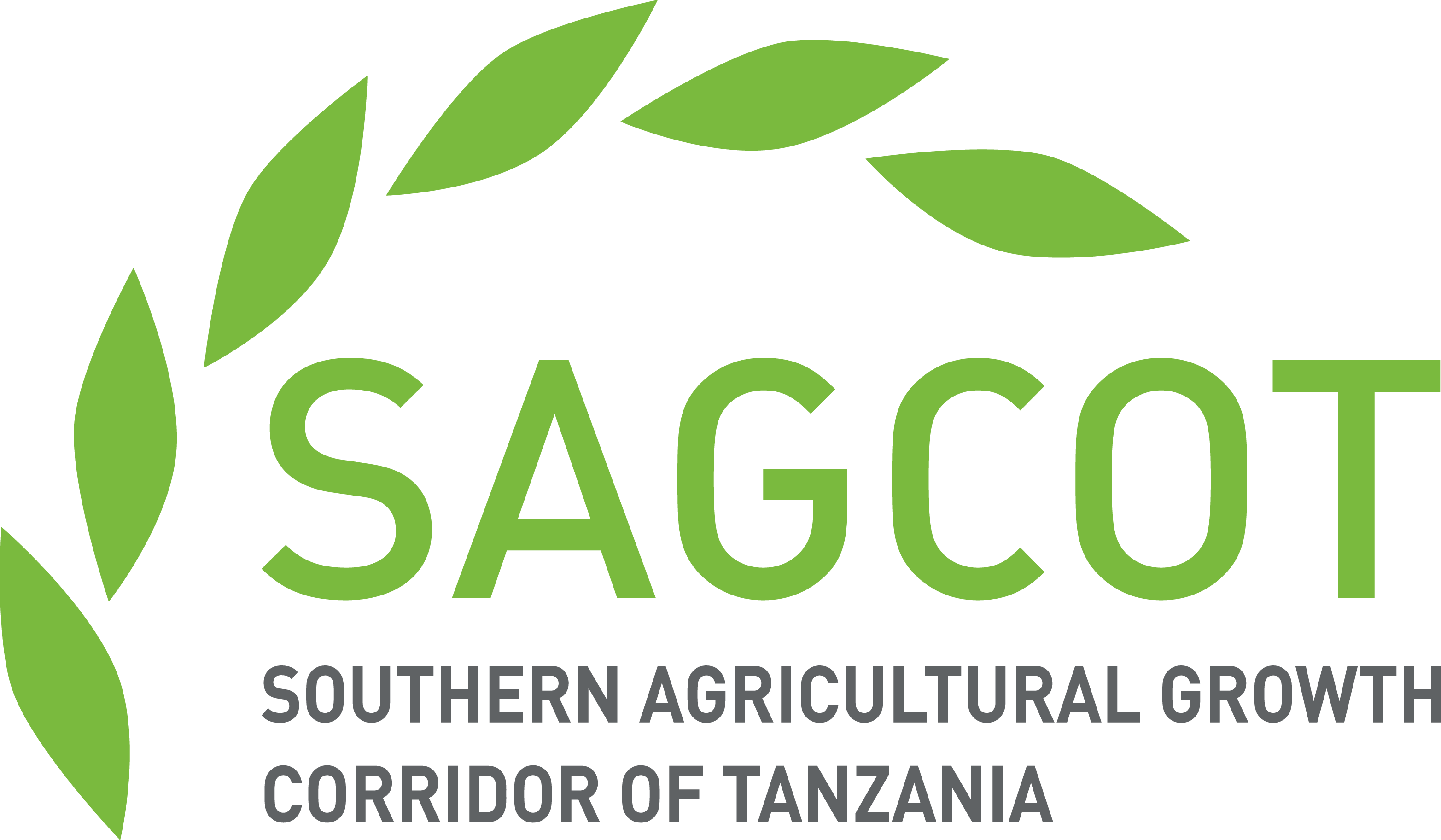SAGCOT has unveiled a suite of four meticulously crafted Inclusive Green Growth (IGG) Guiding Tools to promote sustainable agricultural practices across various scales and types of operations. Developed through a collaborative effort involving key partners such as The Nature Conservancy, Sokoine University of Agriculture, WWF Tanzania, CARE International, and IUCN, these tools are designed to address diverse needs within the agricultural sector. Developed initially several years ago, the tools have now been comprehensively updated to reflect new insights and advancements in sustainable farming and green growth.
Key Focus Areas:
Small Producers IGG Tool: This tool empowers small-scale agricultural producers with guidelines for adopting sustainable and inclusive practices, including fair employment, gender equality, and environmental stewardship. Download
Small Processors IGG Tool: Tailored to the specific needs of small-scale processing enterprises, this tool offers practical and easily implementable guidelines to enhance sustainability and regulatory compliance. Download.
Medium-Large Producers IGG Tool: This tool offers targeted guidance for larger-scale agricultural producers, promoting sustainable farming practices, strong community linkages, and effective environmental management. Download.
Medium-Large Processors IGG Tool: This tool provides comprehensive guidelines for medium—to large-scale processing companies. It ensures compliance with Tanzanian regulations and emphasizes sustainable economic, environmental, and social practices. Download.
Impact:
The IGG Guiding Tools support SAGCOT’s vision of a thriving agricultural sector that balances economic growth, environmental conservation, and social inclusiveness. By adopting these tools, stakeholders across the agricultural value chain can contribute to enhanced food security and improved livelihoods in Tanzania.
Key Improvements in the 2023 Revision:
- Enhanced focus on integrating economic growth, environmental sustainability, and social inclusiveness.
- Tailored guidance for both small and large-scale processors and producers.
- Emphasis on compliance with Tanzanian national laws and regulations.
- Promotion of climate-smart agricultural technologies and nature-based solutions.
Together, these tools ensure that all participants in the SAGCOT initiative can actively contribute to and benefit from a more sustainable and prosperous future for Tanzanian agriculture.





